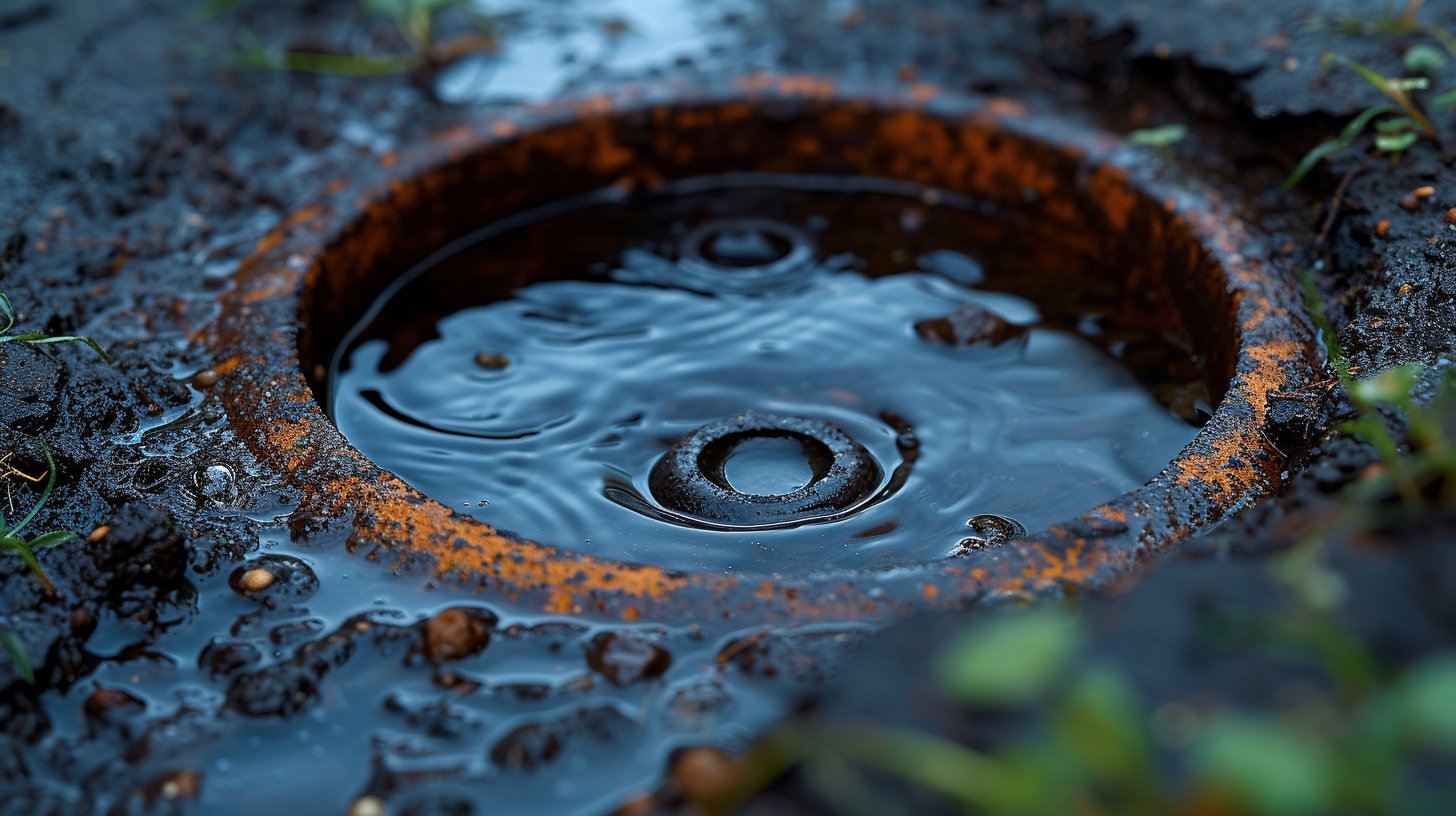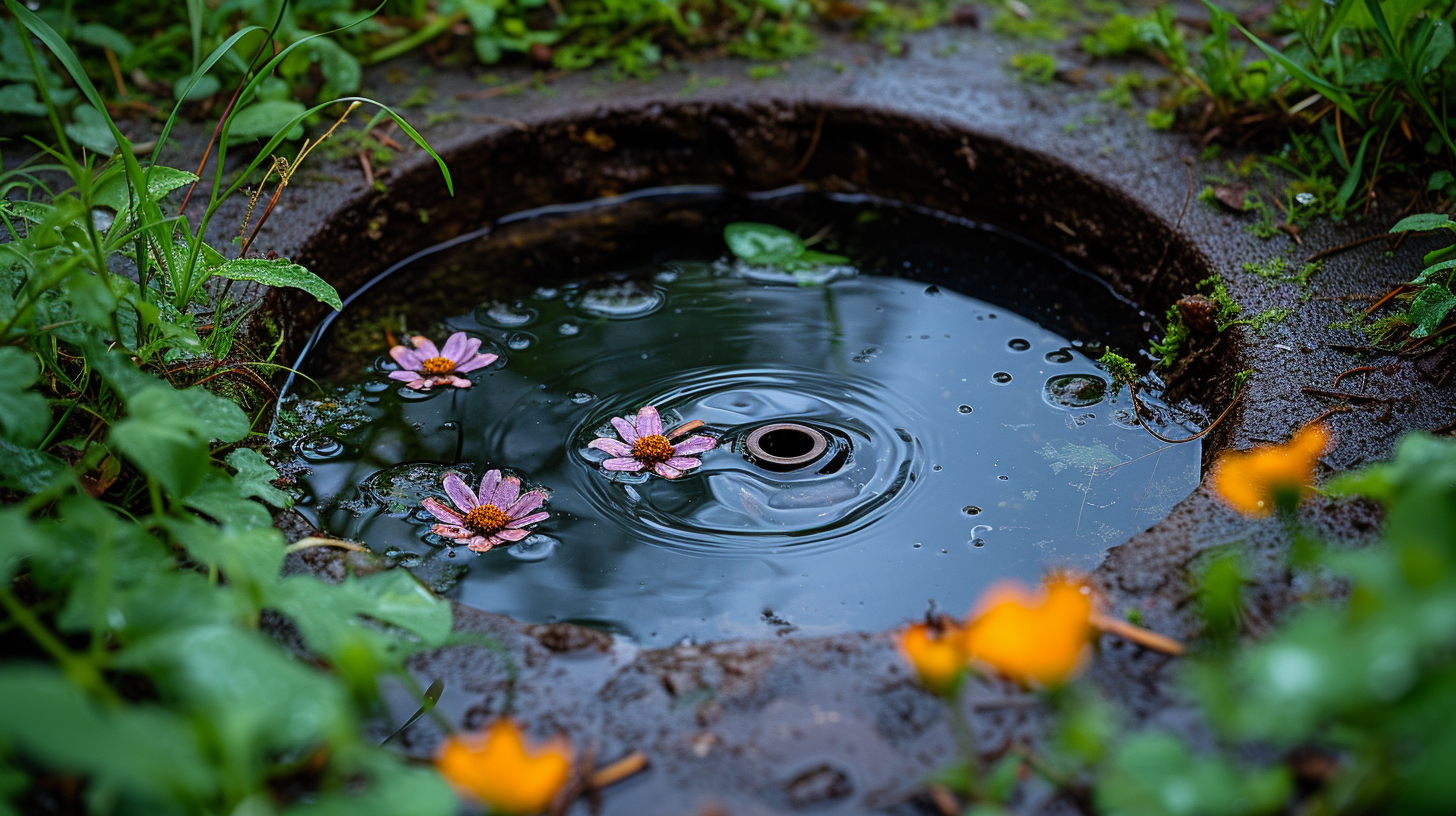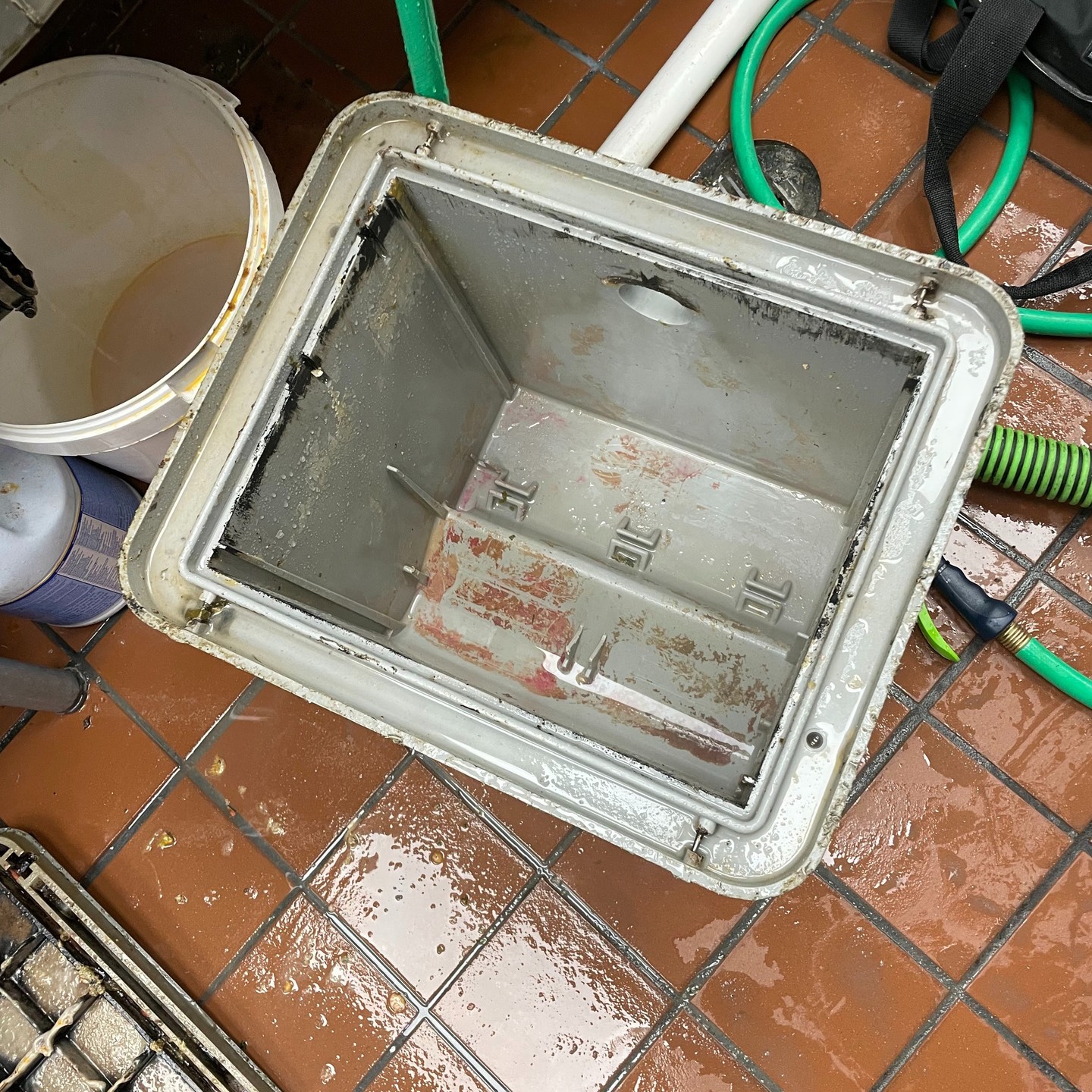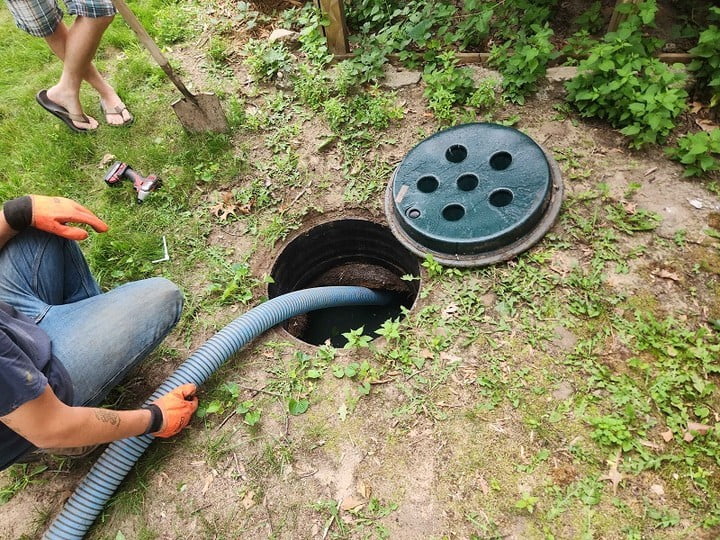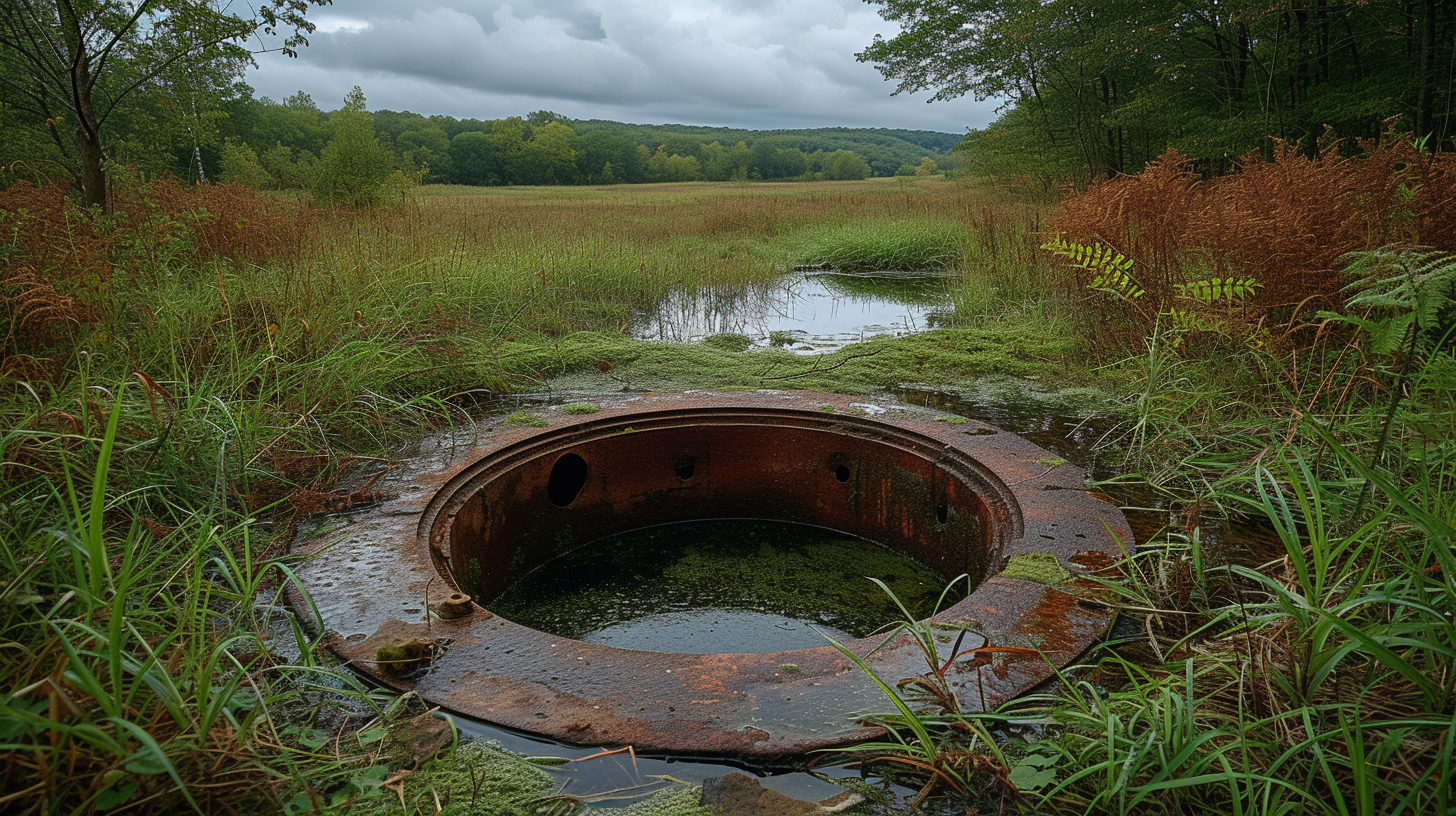Septic Tank Overflowing? Here’s What You Need To Do
Key points • Immediate Action: Stop using water in your home to prevent additional overflow and reduce the load on the septic system. Contact a professional septic service to assess the situation and pump out the tank if necessary. • Investigate the Cause: Determine the reason for the overflow, which could be due to a … Read more
